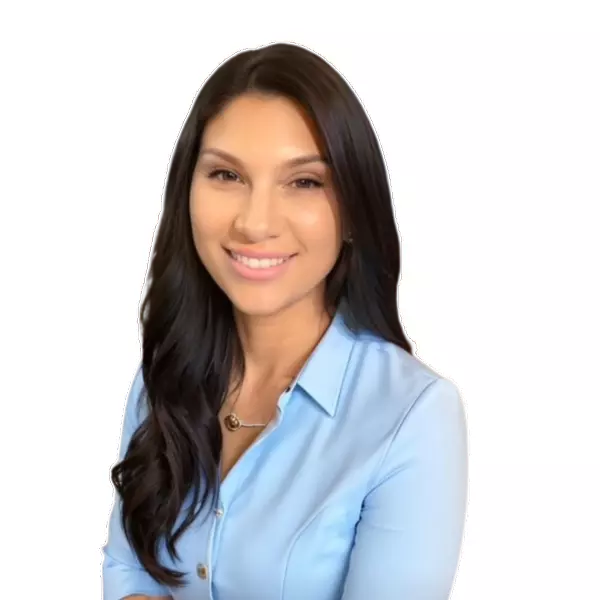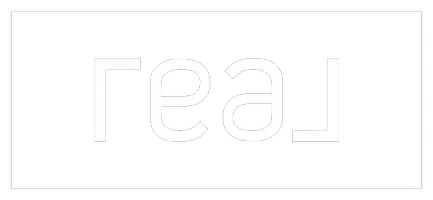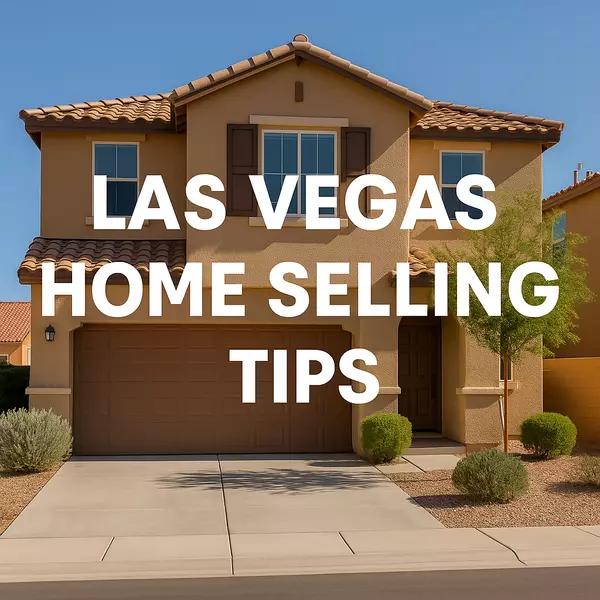How to Choose the Best Real Estate Agent in Las Vegas
How to Choose the Best Real Estate Agent in Las Vegas
Buying or selling a home is one of the biggest financial moves you’ll ever make. The real estate agent you choose can be the difference between a smooth, profitable experience — and one filled with stress, missed opportunities, or money left on the table.
This isn’t about picking the first smiling face on a billboard. It’s about knowing the criteria that matter most when selecting a Realtor®. In this guide, I’ll walk you through nine clear rules, a scorecard you can use when interviewing agents, red flags to avoid, and why — based on these exact standards — I’m a strong fit for buyers and sellers here in Las Vegas.
The 9 Rules for Choosing the Right Agent
1. Local Track Record by Price Range
What it is: The right agent should have real results in the neighborhoods and price points you care about.
Why it matters: Market dynamics change between a $300k starter home and multi million luxury property. You want someone who knows how to position your home (or negotiate for you) in your range.
How to evaluate: Ask:
-
How many homes have you sold in my neighborhood/price range?
-
What were the average days on market?
Checklist: Confirm their experience matches your price range and expectations.
✅ My proof: Every one of my listings has sold, with offers in under 30 days, and I know how to position properties for results.
2. Negotiation Power
What it is: A great agent doesn’t just open doors — they negotiate contracts that protect you and maximize value.
Why it matters: Whether you’re a buyer or seller, strong negotiation can mean thousands of dollars gained or saved.
How to evaluate: Ask agents for real examples of negotiation wins.
Checklist:
-
Buyers: Have they secured seller-paid closing costs or concessions?
-
Sellers: Do they know how to counter for stronger terms without scaring away buyers?
✅ My proof: In every buyer transaction, I’ve negotiated seller-paid fees to save my clients money. For sellers, I’ve countered successfully to secure better pricing and terms.
3. Marketing Depth for Listings
What it is: Selling a home takes more than putting a sign in the yard.
Why it matters: Homes need exposure beyond the MLS. Today’s marketing includes social media, targeted email campaigns, video tours, and strong photography.
How to evaluate: Ask to see a sample marketing plan, not just promises.
Checklist: Make sure they have a multi-channel approach that fits the way buyers actually shop for homes.
4. Communication Style & Frequency
What it is: Buying and selling a home is stressful enough. You need clear, timely updates.
Why it matters: Lack of communication is the #1 complaint about agents.
How to evaluate: Ask:
-
How do you prefer to update clients — text, phone, email?
-
How frequently can I expect to hear from you?
Checklist: Confirm their style and frequency match what you need.
5. Contract Knowledge & Compliance
What it is: From listing agreements to builder contracts, paperwork is where deals succeed — or fall apart.
Why it matters: Contracts are written to protect the other side unless you have someone advocating for you.
How to evaluate: Ask what training they’ve completed and how they protect clients during the contract process.
Checklist: Confirm they’re confident explaining terms and identifying risks.
✅ My proof: I’ve completed advanced classes in Listing Contracts and the Home Is Possible Homebuyers Program (helping buyers secure down payment assistance). I also specialize in new construction, where builder contracts are stacked in the builder’s favor. My role is to make sure you know exactly what you’re signing — and where you have room to negotiate.
6. Technology & Tools
What it is: The right tools save you time and give you an edge.
Why it matters: From digital signatures to valuation software, technology makes the process faster and clearer.
How to evaluate: Ask what tools they use for buyers and sellers.
Checklist: Look for things like home valuation tools, market reports, and secure document systems.
✅ My proof: I offer a free Las Vegas home valuation tool that gives sellers immediate insight into their property’s value, based on real market data.
7. Vendor & Support Network
What it is: Real estate involves more than just agents — inspectors, lenders, contractors, and title reps all play a role.
Why it matters: A good Realtor® can connect you to trusted professionals.
How to evaluate: Ask if they have a network they can recommend — while ensuring they don’t pressure you.
Checklist: Confirm that they’ll offer options but respect your right to choose your own vendors.
✅ My proof: I maintain strong relationships with trusted industry professionals — but I’ll never push you to use someone you don’t want. The choice is always yours.
8. Reputation & Social Proof
What it is: What do past clients say about working with this person?
Why it matters: Real reviews beat self-promotion every time.
How to evaluate: Look at online reviews, testimonials, and ask for references.
Checklist: Make sure feedback highlights responsiveness, negotiation, and advocacy.
9. Ethics & Transparency
What it is: You should feel safe knowing your agent plays by the rules.
Why it matters: Not every agent prioritizes your interests. A Realtor® must uphold the NAR Code of Ethics.
How to evaluate: Ask about disclosure standards and training.
Checklist: Confirm your agent is a Realtor® (not just an agent), and ask how they stay compliant.
✅ My proof: I actively maintain Code of Ethics compliance and complete regular ethics courses to keep my Realtor® status in good standing.
Red Flags to Avoid
-
Agents who pressure you to sign without clear explanations.
-
Unrealistic promises like “I’ll sell your home in 3 days for top dollar guaranteed.”
-
Poor local knowledge or vague answers about neighborhoods.
-
No clear negotiation examples.
-
Limited or outdated marketing strategies.
Your DIY Agent Scorecard
Here’s a simple scorecard you can use when interviewing agents. Rank each category from 1–10.
| Category | Weight | Score (1–10) | Notes |
|---|---|---|---|
| Local Track Record | 20% | ||
| Negotiation Skills | 20% | ||
| Marketing Plan | 15% | ||
| Communication | 15% | ||
| Contract Knowledge | 10% | ||
| Vendor Network | 5% | ||
| Reputation & Reviews | 10% | ||
| Ethics & Transparency | 5% |
FAQ
Q: How much does a Realtor® cost in Las Vegas?
Typically, sellers pay the commission, which is split between the buyer’s and seller’s agents.
Q: Should I hire a Realtor® for new construction?
Yes. Builder contracts are written for the builder’s benefit. A Realtor® protects your interests.
Q: What questions should I ask when interviewing an agent?
Ask about track record, negotiation examples, communication style/frequency, and contract knowledge.
Q: Is it better to use a local Realtor®?
Absolutely. Local knowledge impacts pricing, strategy, and negotiations.
Q: What red flags should I watch for?
Pushy behavior, vague answers, lack of local sales experience, or no negotiation track record.
Q: How do I know if a Realtor® is good?
Look for proof: fast sales, client reviews, negotiation results, and ongoing training.
Ready to Choose Your Agent?
If you’re buying or selling in Las Vegas, let’s talk. I’ll give you clarity, confidence, and advocacy every step of the way.
-
📱 Call/Text: 702-683-0303
-
📧 Email: Nikki.Aliotti@gmail.com
TL;DR Summary
-
Follow 9 rules for choosing the best Realtor® in Las Vegas.
-
Watch for red flags like pushiness or poor local knowledge.
-
Use the DIY scorecard when interviewing.
-
Based on these rules, Nikki Aliotti is a strong fit for both buyers and sellers.
Categories
Recent Posts





